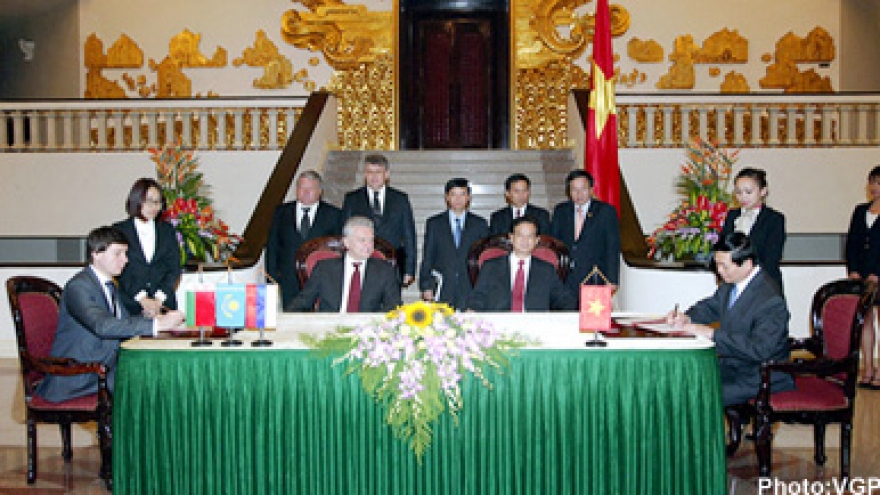Vietnam gears towards low-carbon economy
Vietnam is making all-out efforts to build a low-carbon economy towards green growth in order to realise the United Nations Framework Convention on Climate Change.
By June 2015, the country had 254 Clean Development Mechanism (CDM) projects recognised by the CDM Executive Board (EB). Of which, projects on energy made up 87.6%, waste treatment 10.2%, forestry 0.4%, and others 1.8%.
Vietnam has received 12 million certified emission reduction (ECR) certificates granted by the EB, ranking 11 th worldwide.
The Vietnamese Government has issued a host of policies on the economical and efficient use of energy, including the National Target Programme on Energy Efficiency and the Law on Energy Efficiency.
Vietnam has also offered incentives for renewable energy development suitable with the country’s potential and conditions, in tandem with ensuring energy security and protecting the environment.
Such policies have encouraged the public to use energy economically and efficiently in production and in their daily lives, Thuc said.
He added that Vietnam has made efforts in forest protection and afforestation to ease greenhouse gas emissions.
The Paris Agreement, approved at the 21 st Conference of the Parties to the UN Framework Convention on Climate Change (COP21) which took place in December last year, requires developed countries to achieve net zero greenhouse gas emissions by the end of the 21 st century.
Meanwhile, developing nations like Vietnam were also asked to put forth short, medium and long-term plans to cut emissions, the official noted.
He suggested State agencies outline specific climate change-adaptation plans and strategies suitable with each region and locality, since the Government has prioritised shifting the economy toward low-carbon and green.
Vietnam should work harder to reduce greenhouse gas emissions to zero within the century, Thuc stressed.
The Intended Nationally Determined Contributions report manifests Vietnam’s intended efforts in reducing greenhouse gas emissions and adapting to climate change, which will be realised between now and 2030, he said.
The professor pointed to the fact that the Southeast Asian nation is mainly using fossil fuels, while many countries worldwide have completely turned to clean and renewable energies.
He, therefore, urged businesses active in technology and energy to improve their capacity by pouring more investment into technological development to increase the presence of renewal and clean energies.
Attention should be paid to solar and wind energies, Thuc said, explaining that Vietnam boasts substantial potential to develop these resources.
Regarding the “Vietnam: Building the 3rd National Communication for the United Nations Framework Convention on Climate Change (UNFCCC)" project, Nguyen Khac Hieu, deputy head of the Department of Meteorology, Hydrology and Climate Change, said the third National Communication aims to collect greenhouse gas emission statistics in various socio-economic areas to complete a national scenario for this issue.
The Ministry of Natural Resources and Environment will collect feedback from relevant ministries and agencies, while maximising resources to provide the latest information for the UNFCCC.
The project also targets enhanced scientific and technological capacity, and heightened public awareness of climate change.
The project, to last from 2016 to 2018, will cost US$630,000, of which US$480,000 will come from the Global Environment Fund.



